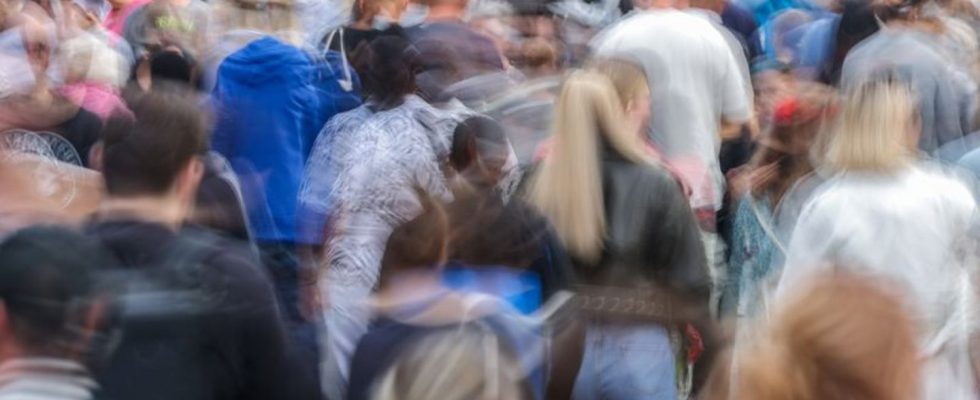Bertelsmann survey
Dwindling trust in traffic lights and institutions
According to the investigation, among other things, a lot of trust in the traffic light government has been lost in the traditional milieu. photo
© Jan Woitas/dpa
The Bertelsmann Foundation reveals a worrying erosion of trust in political institutions in Germany. The East is particularly affected.
According to a study by the Bertelsmann Foundation not well appointed.
“In the second year of the pandemic at the latest, developments suddenly began to show that trust between people was dwindling,” said Kai Unzicker, who has been researching democracy and society for the foundation for years, when presenting the first results of a representative survey from October 2023. Nothing has changed to this day. His conclusion: “There is significantly less trust in political institutions and less social cohesion – it is crumbling in many places.”
Little loss of trust among the wealthier
Clearly measurable declines compared to February 2020 can be seen, for example, in the question of how fairly people felt they were treated. According to Unzicker, a significant trend reversal began during the pandemic, which ended a phase of 30 years of stability. In East Germany, trust levels are lower overall. Cohesion has been particularly badly lost in traditional industrial locations. In booming regions with a lot of trade and service jobs, however, the values are still relatively good, reported Unzicker.
His colleague Robert Vehrkamp found that the loss of trust was less severe among the wealthier and in the so-called neo-ecological milieu. Researchers include people in the latter who usually have a high level of education, support diversity and political correctness and condemn the exploitation of nature and other people.
Little acceptance of the federal government’s asylum policy
Particularly much trust in the traffic light government has been lost in the traditional milieu as well as in the precarious milieu and in the milieu that scientists describe as nostalgic and bourgeois. “It’s really rare to see such a clear shift in election analyses,” said Vehrkamp. A new line of conflict is emerging here, which is strongly influenced by social differences. The coalition of SPD, Greens and FDP pays a large part into the AfD account, not into the Union.
One problem area here is the federal government’s asylum policy, which is obviously not accepted by a majority of the population. “This concerns the rejection of unregulated asylum immigration, not immigration and diversity per se.” However, migration policy is only a trigger when it comes to the tendency to vote for right-wing populists, explained Vehrkamp. There are other specific problems underneath, such as the lack of affordable housing.

